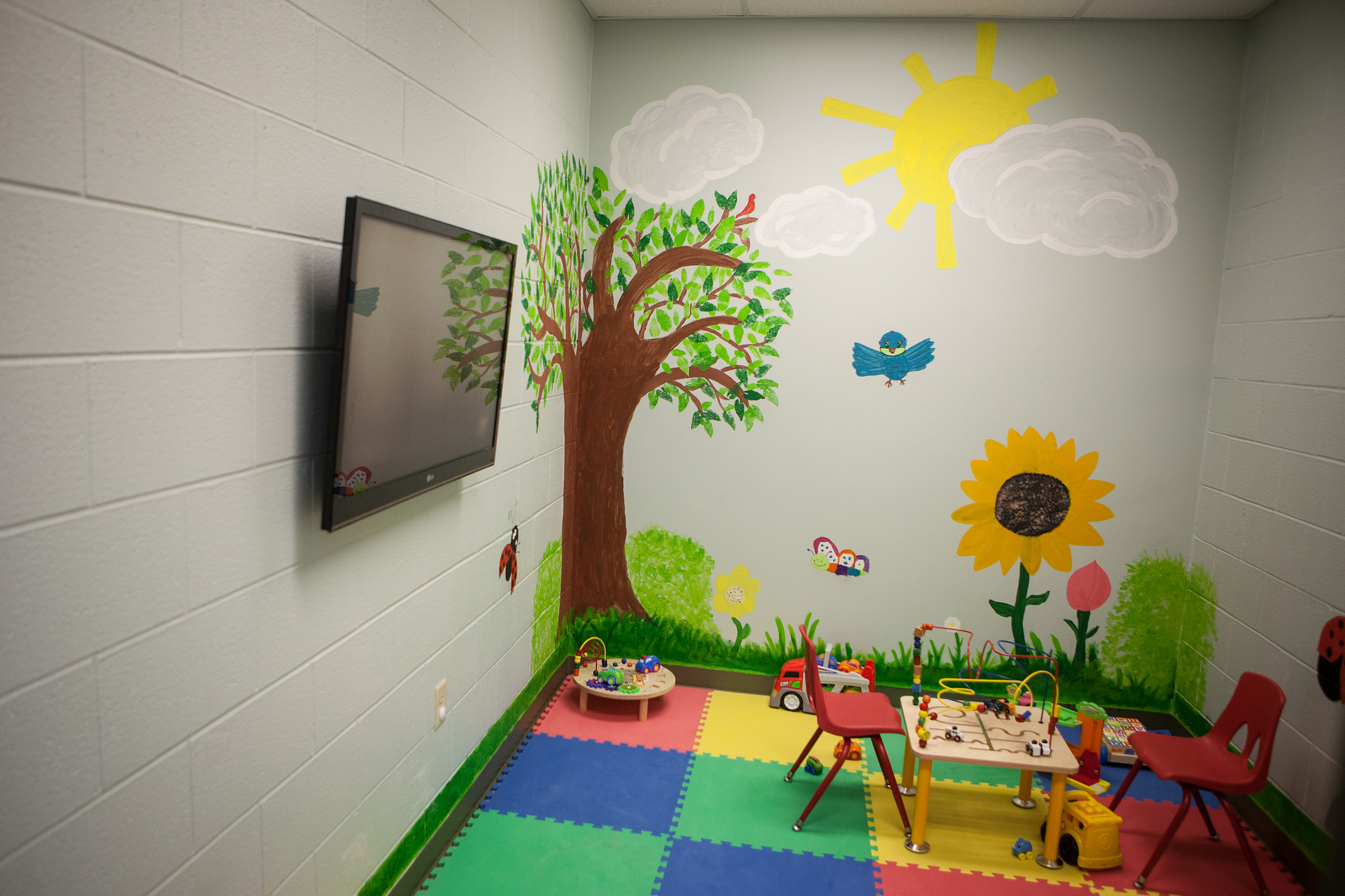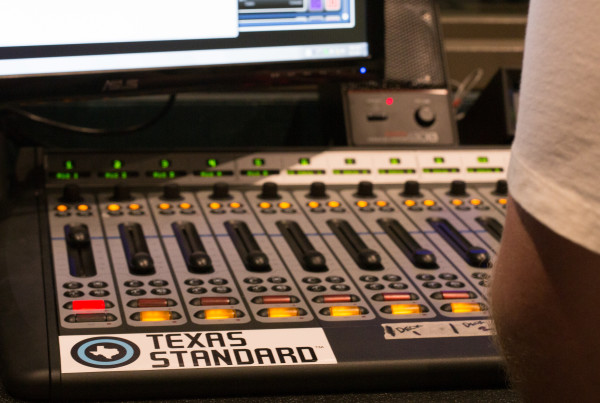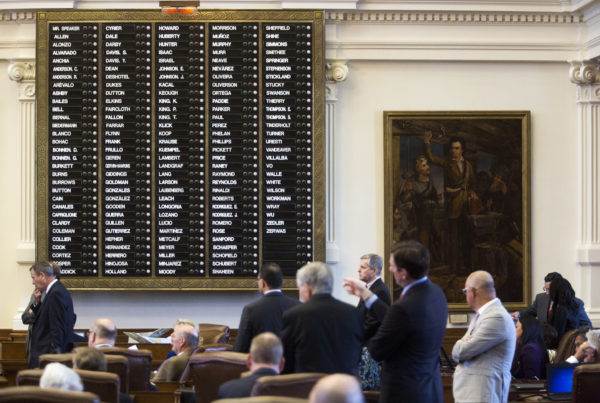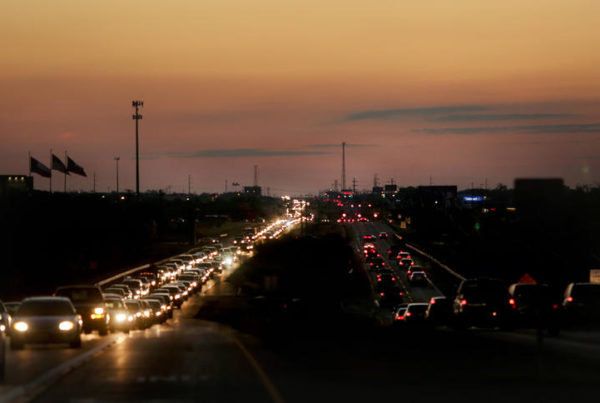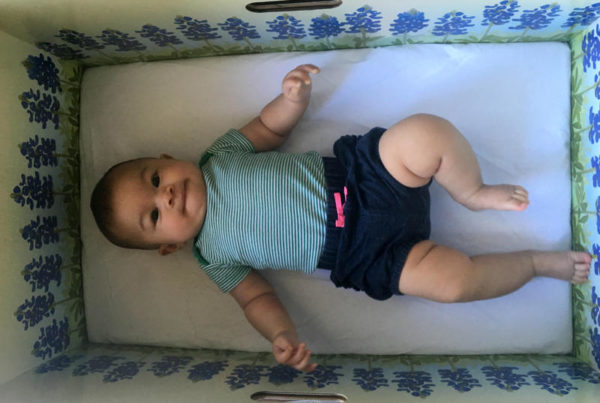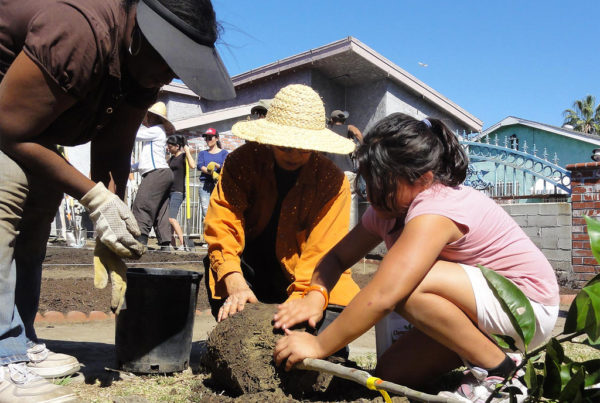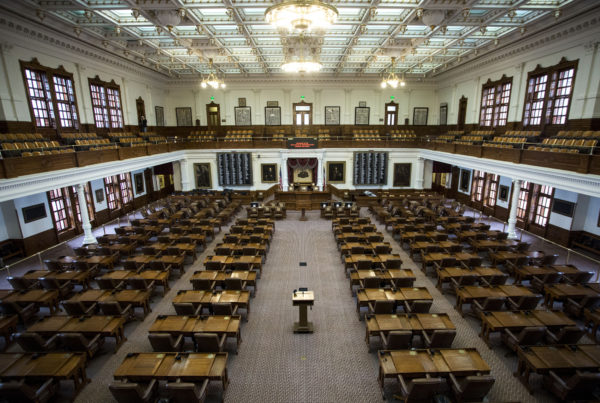The Texas Senate gave preliminary approval this week to a bill that would allow the state to license immigrant detention centers as childcare facilities. Senate Bill 1018 would lower the requirements to get the certification and allow the family detention centers like those in Dilley and Karnes City in south Texas to hold children for longer periods of time.
If this all sounds a bit familiar, it is. A state court previously ruled that those immigration lockups couldn’t be considered childcare facilities. But this bill aims to change that.
Meredith Hoffman, a reporter for the Associated Press, says that it began several years ago when many Central Americans – mostly women and children – were fleeing gang violence. Under the Obama administration, these facilities were built in Karnes City and Dilley to detain the arrivals until their hearings.
“At the time they were allowed to hold families for months,” Hoffman says. “Then, a federal judge subsequently ruled that was unlawful for the facilities to hold children longer than 20 days, because according to a previous ruling, children must be held in non-secure and licensed facilities beyond that minimum period of time.”
Now, Senate Bill 1018 would loosen requirements for the childcare license to be able to detain families for longer periods of time.
“The bill proposes to waive those minimum requirements to say that these facilities can still receive a license and are doing the work that they need to be doing, despite some infringements of what others have said are the rules for doing so,” Hoffman says.
So far, Hoffman says, only private prison corporation Geo Group – which runs the Karnes facility and had a hand in writing the bill – has testified in favor of the bill.
“Whereas you’ve had pediatricians, child psychologists, educators, all sorts of child welfare advocates come and testify against the bill, because they said it would further the psychological and physical damage of these children,” she says.
But with fewer immigrants and asylum seekers crossing the border, why is this bill on the table now? Hoffman say some people that she’s spoken with believe it may be a lifeline for the facilities, which have been emptying out.
“It could be a way for these facilities to remain open and continue receiving tens of millions of dollars in government funds annually,” she says.”Because they are operating below capacity, and this bill would enable the facilities to hold families for longer period of time.”


